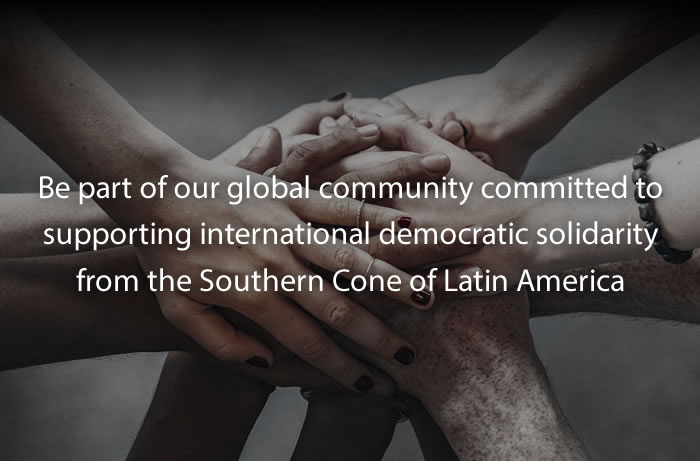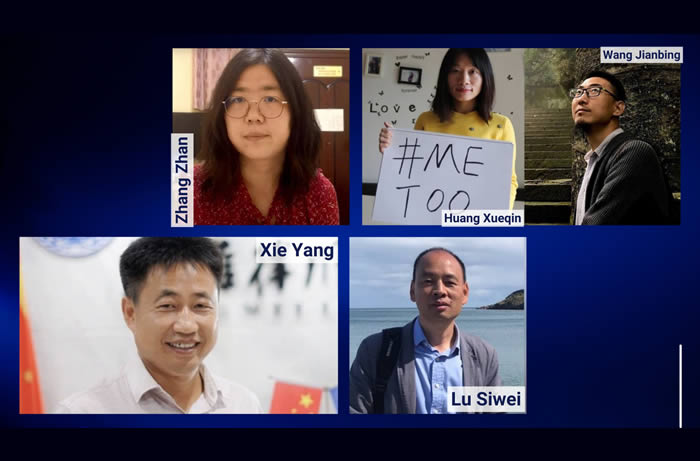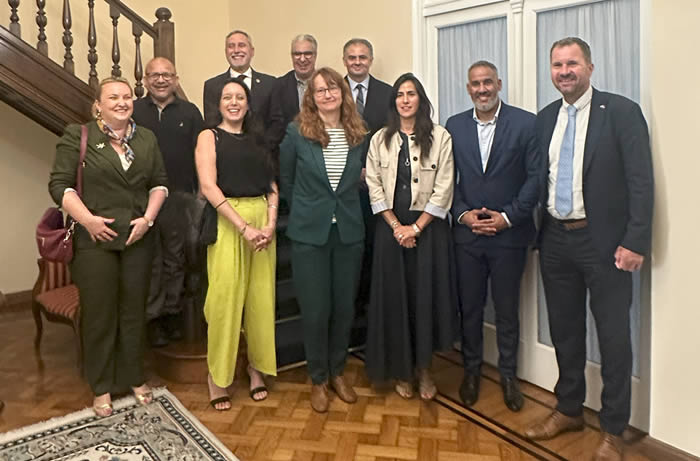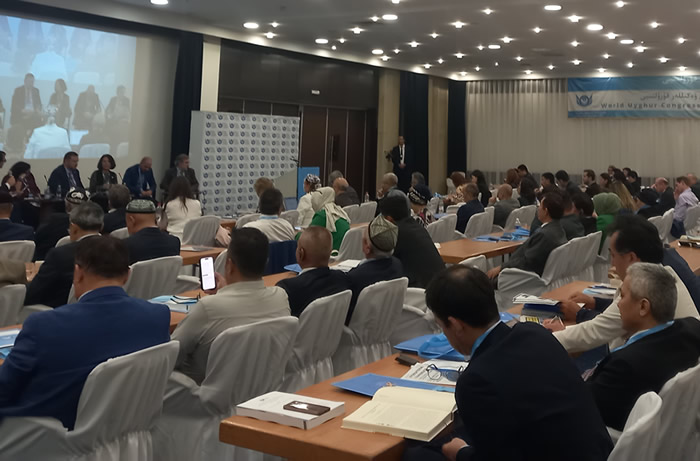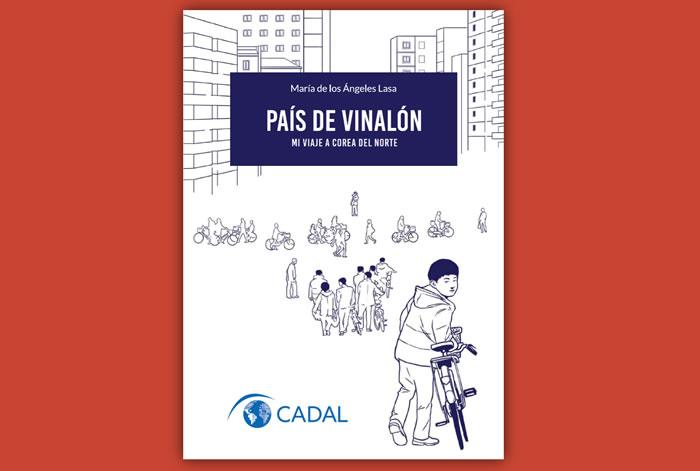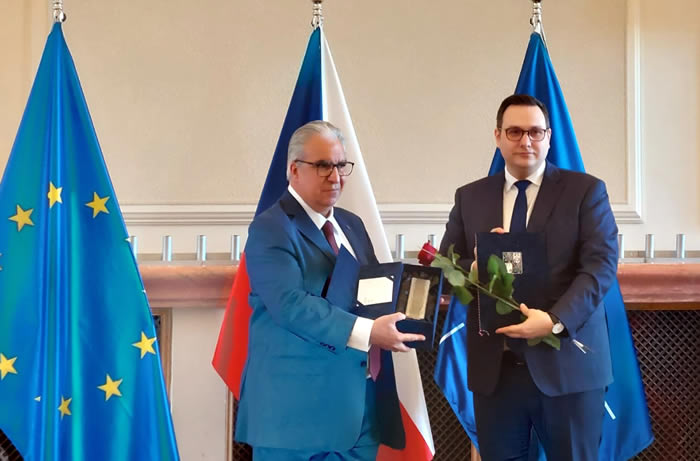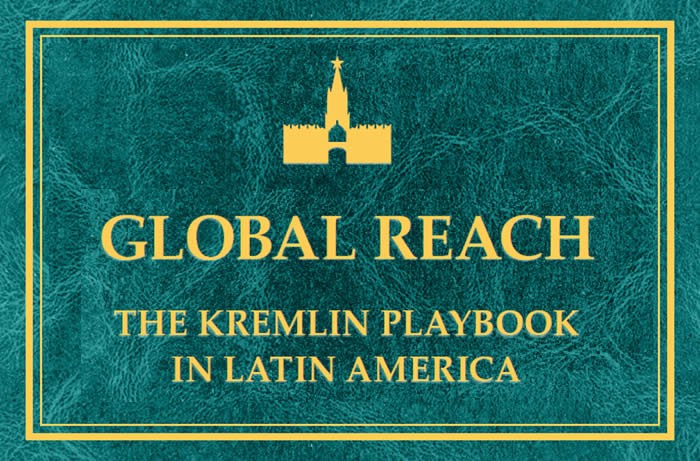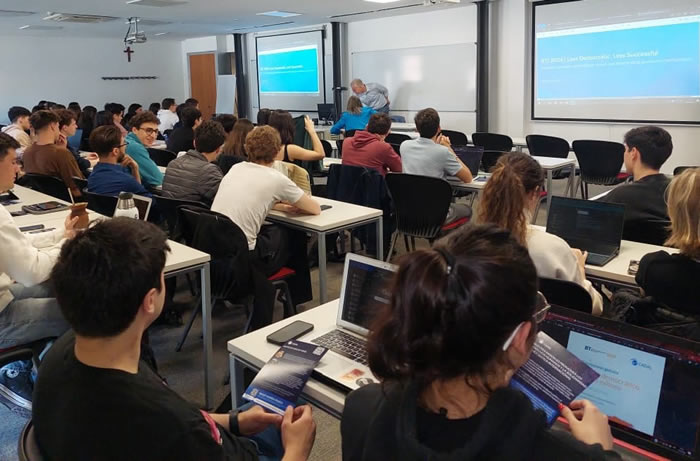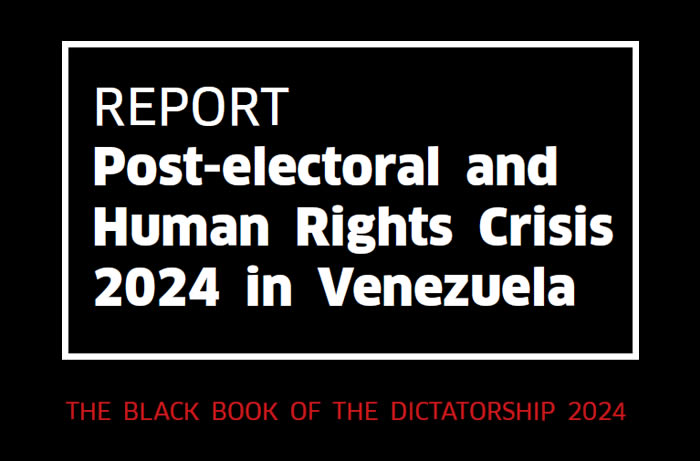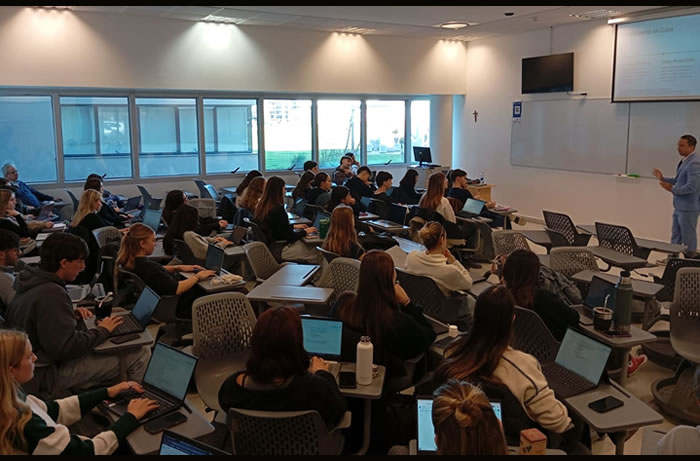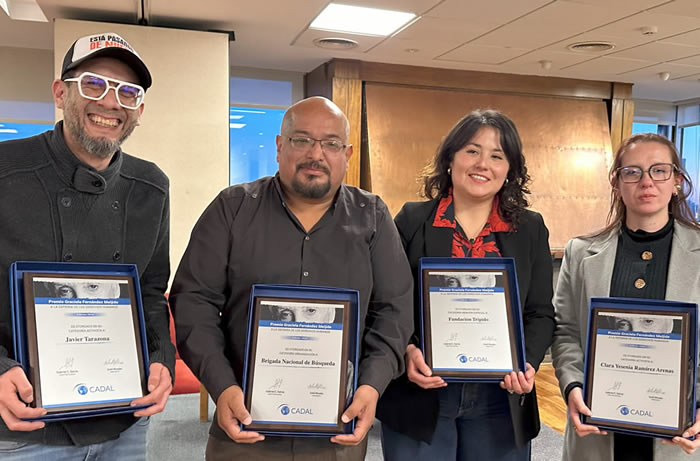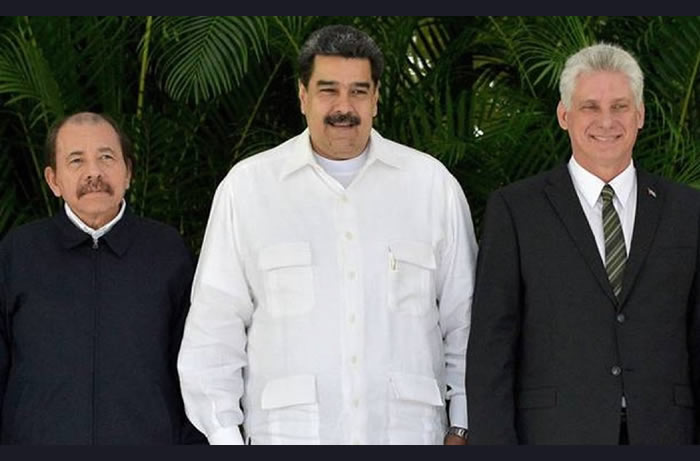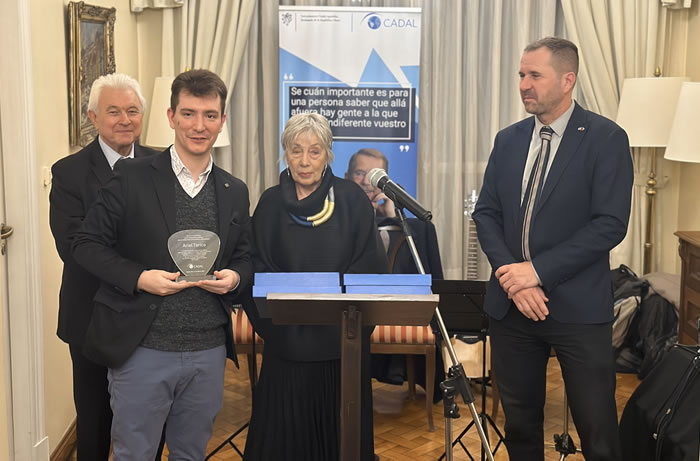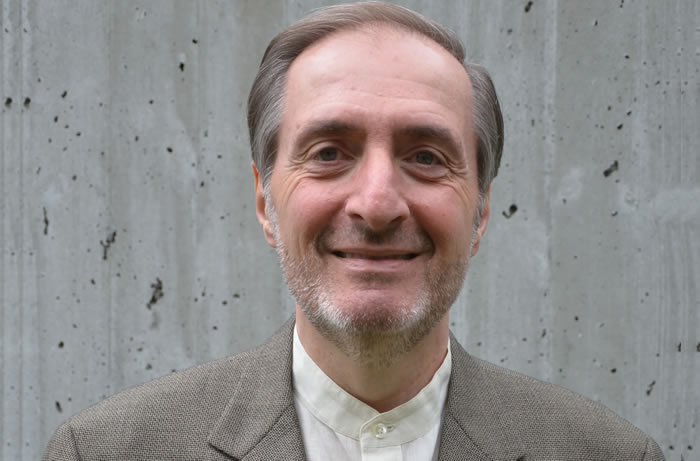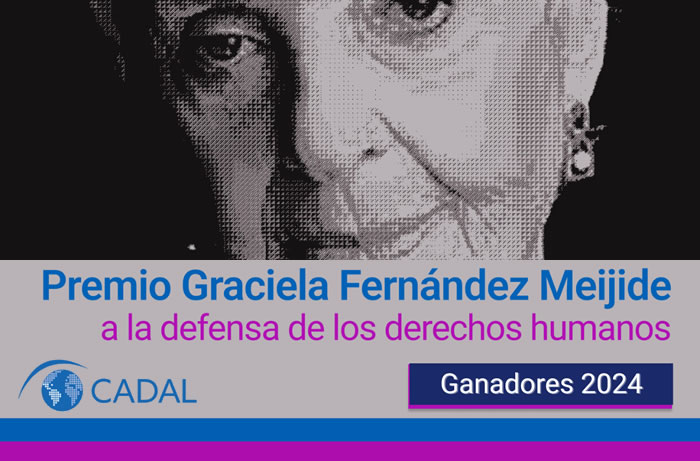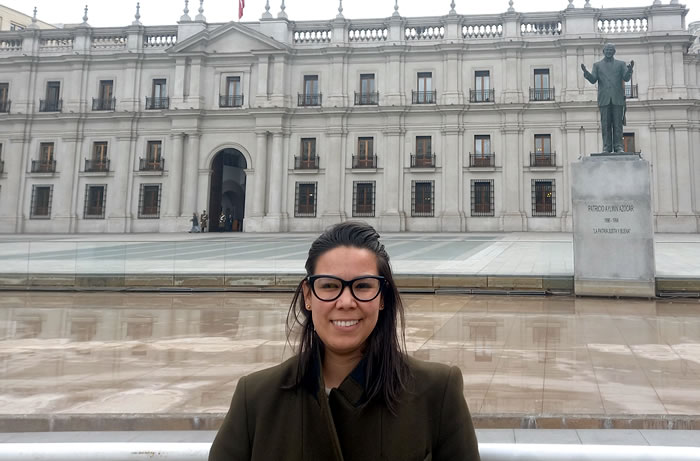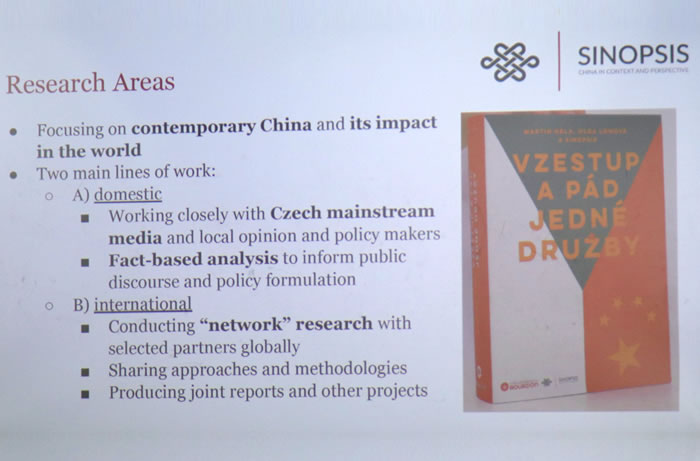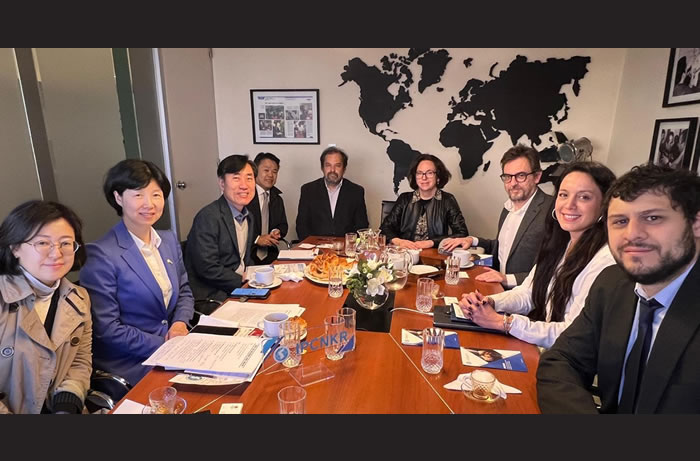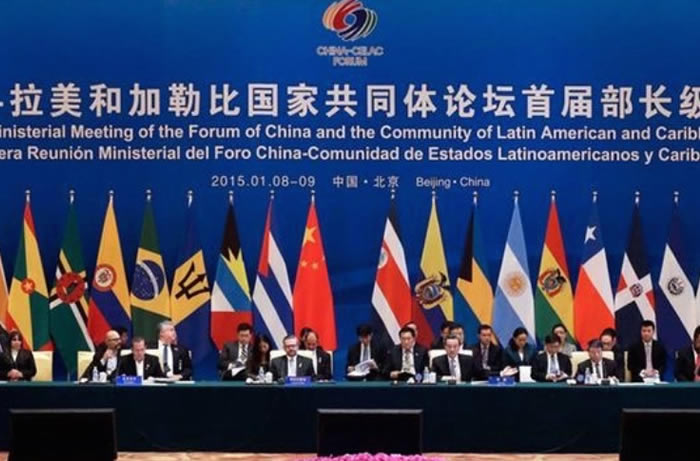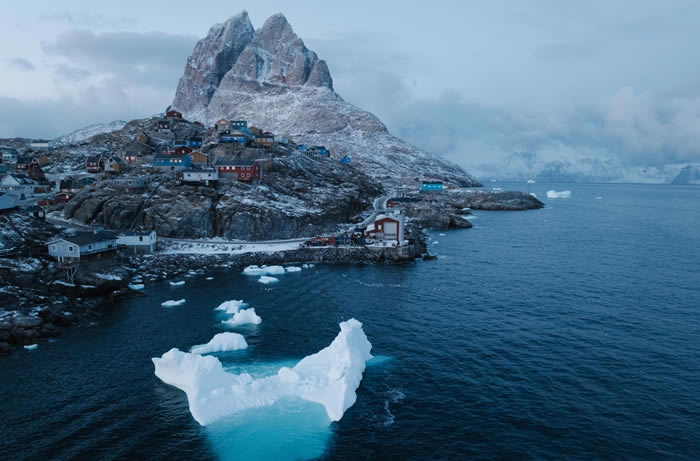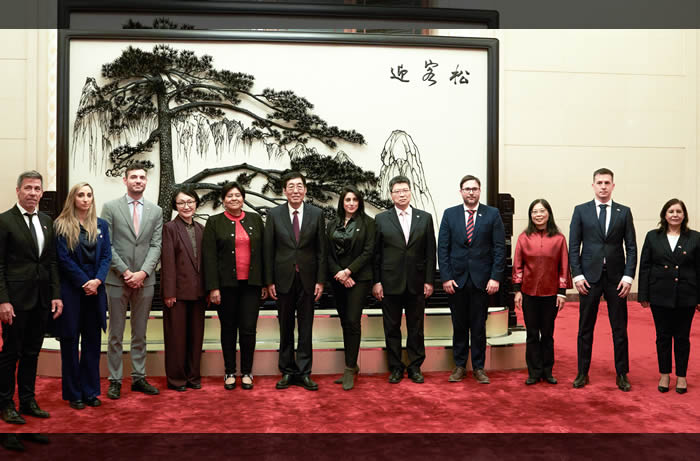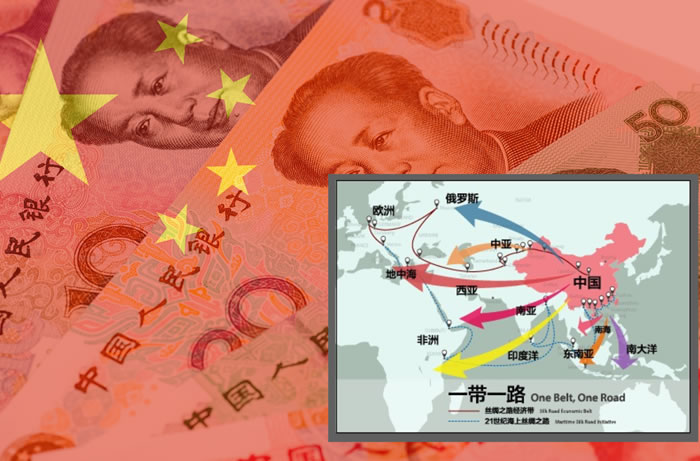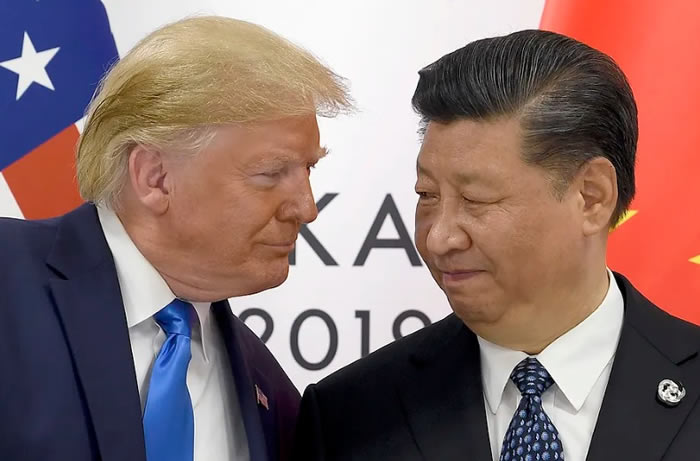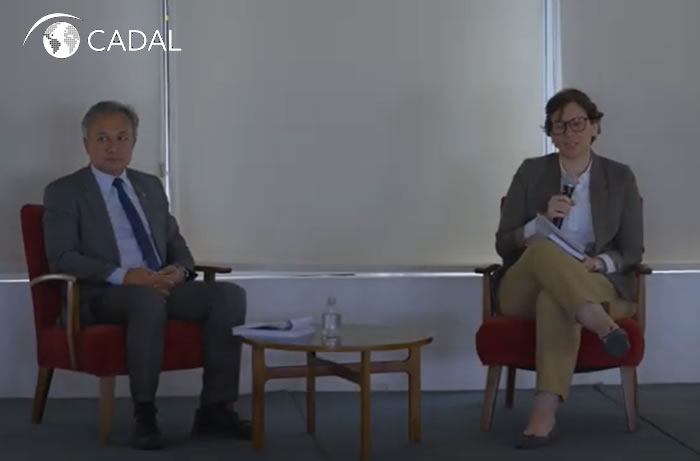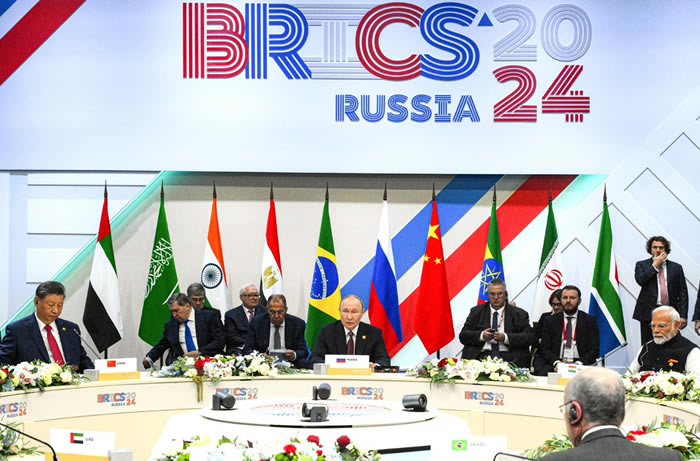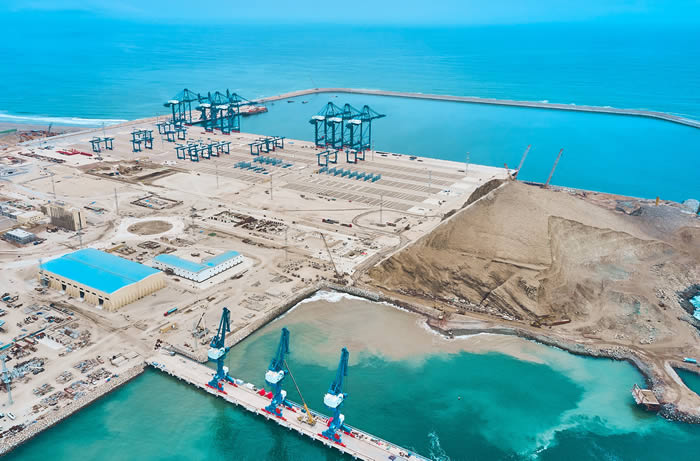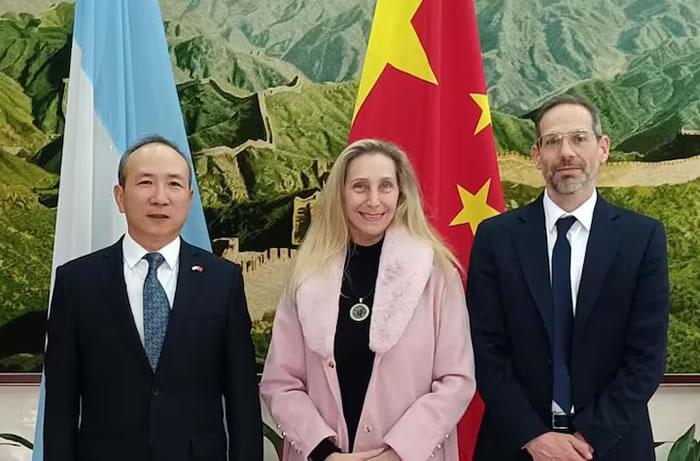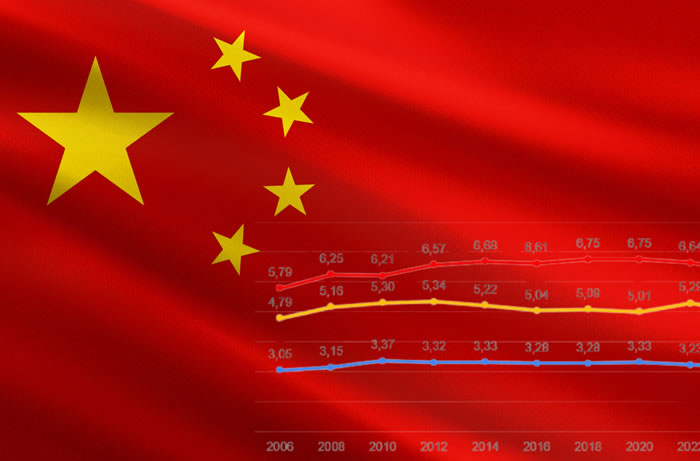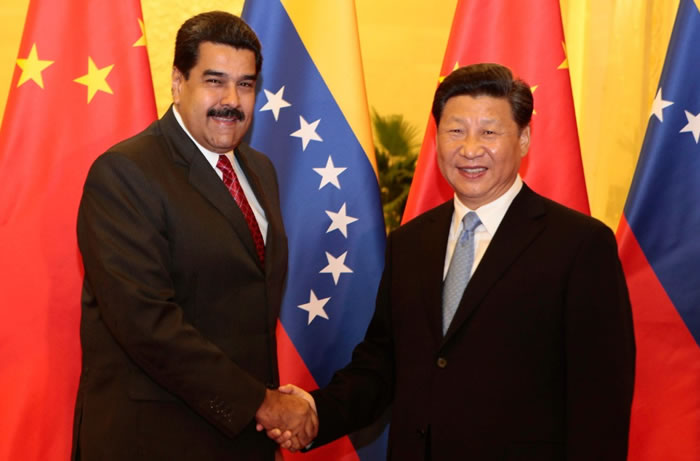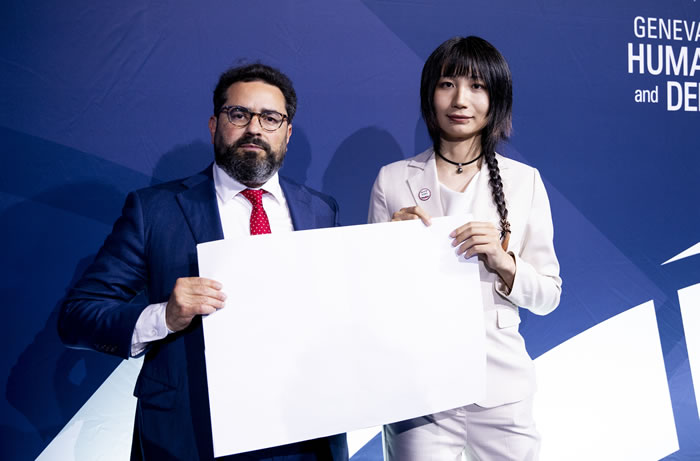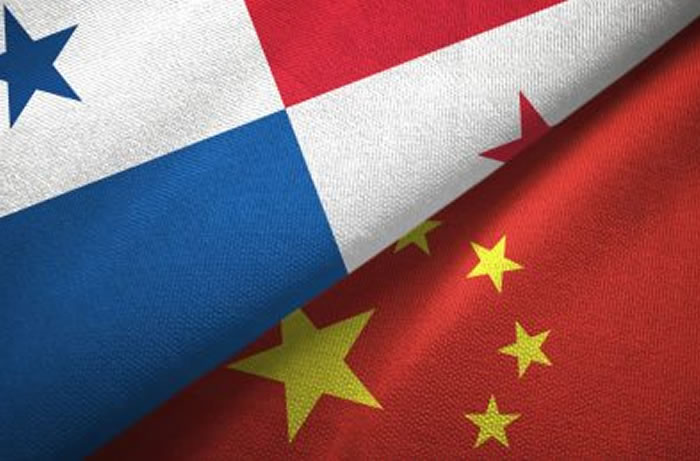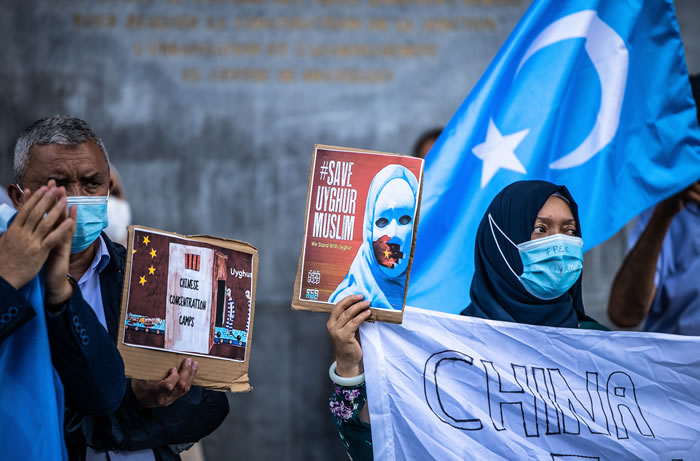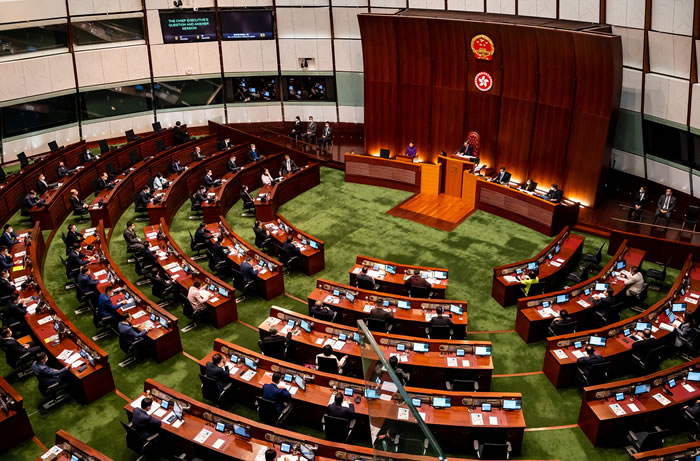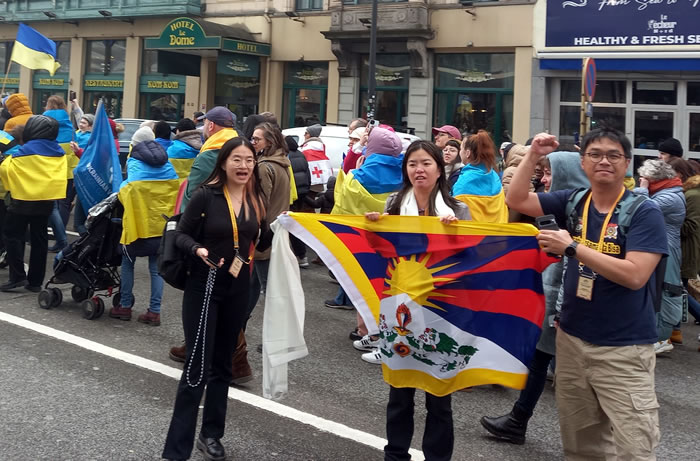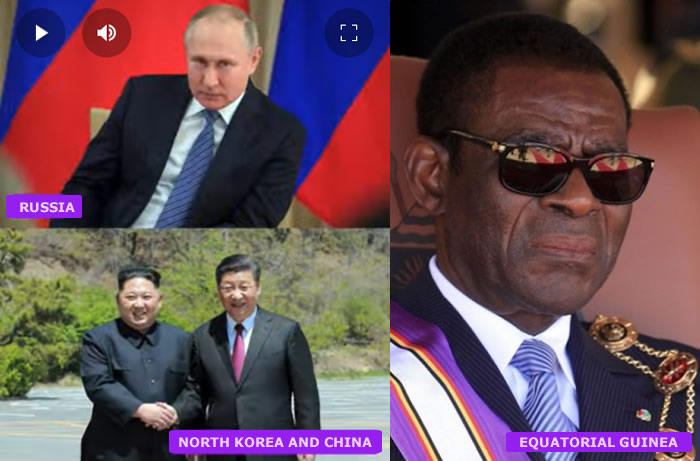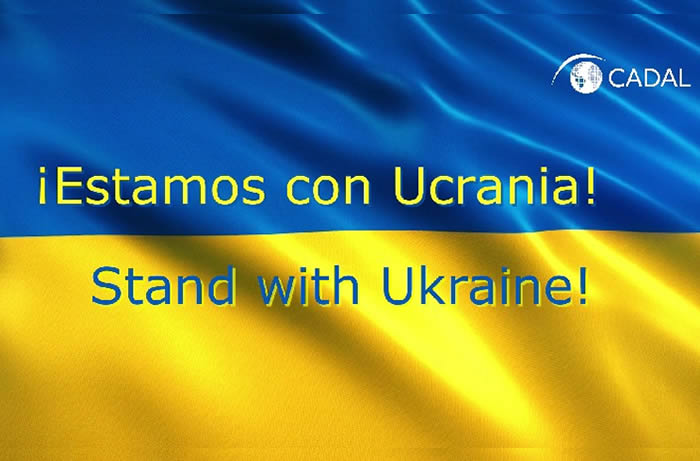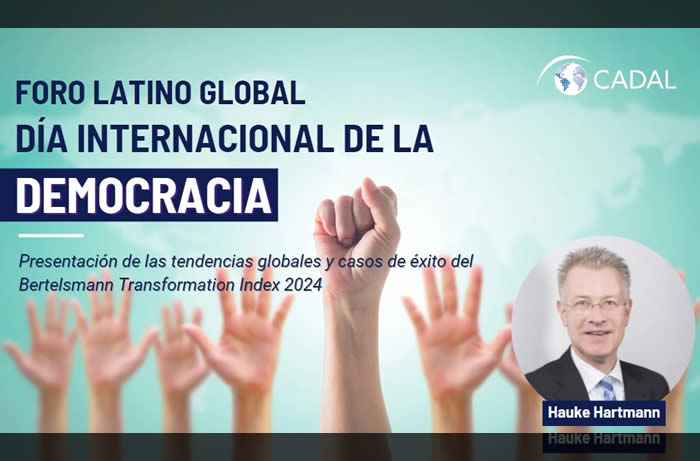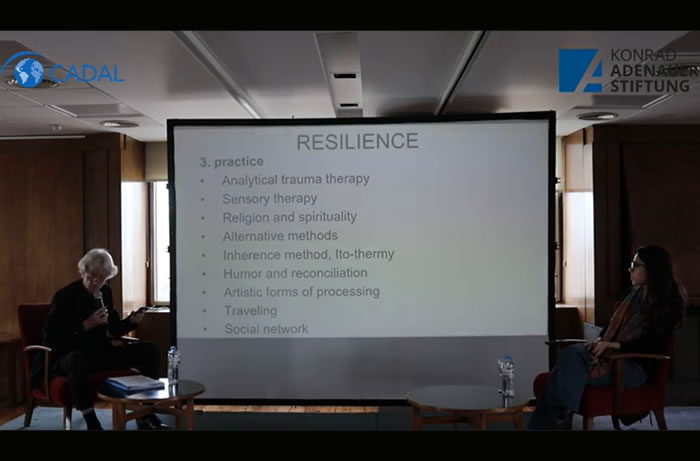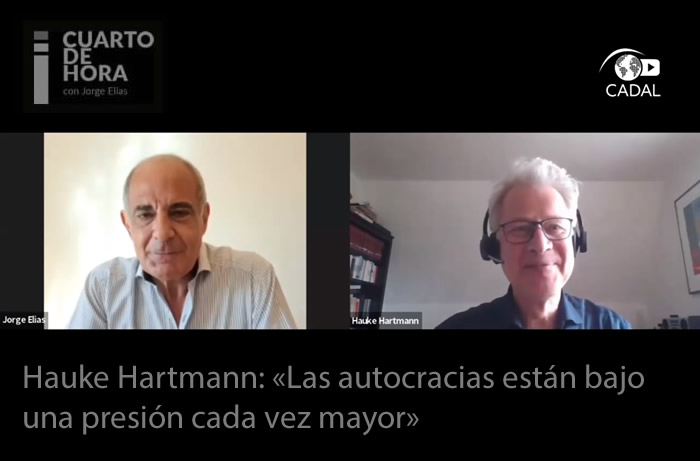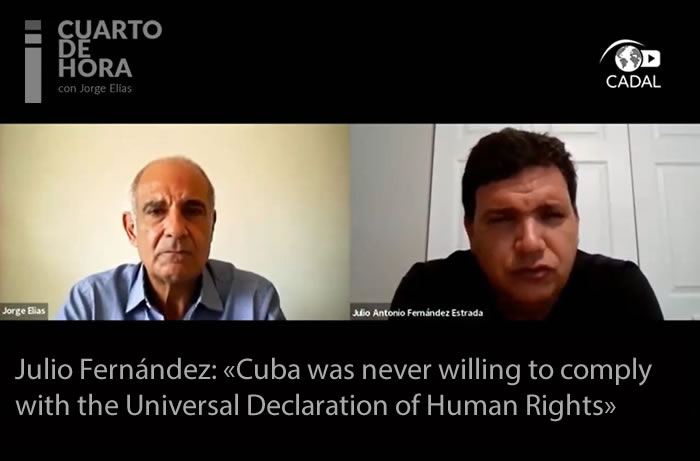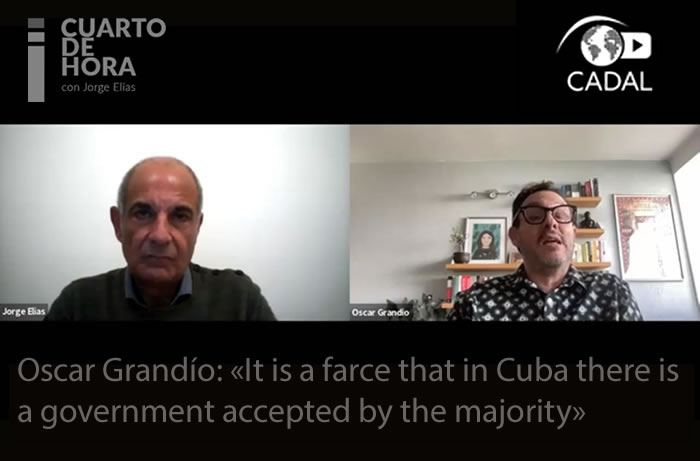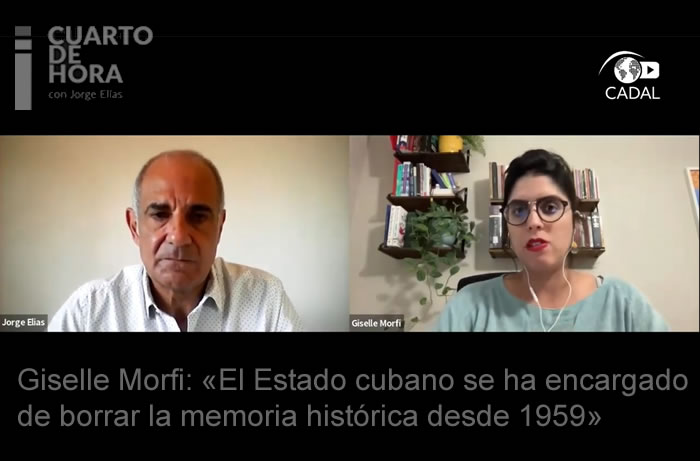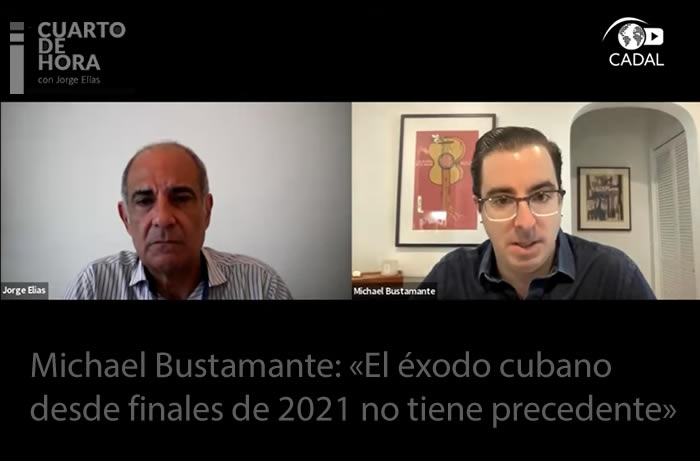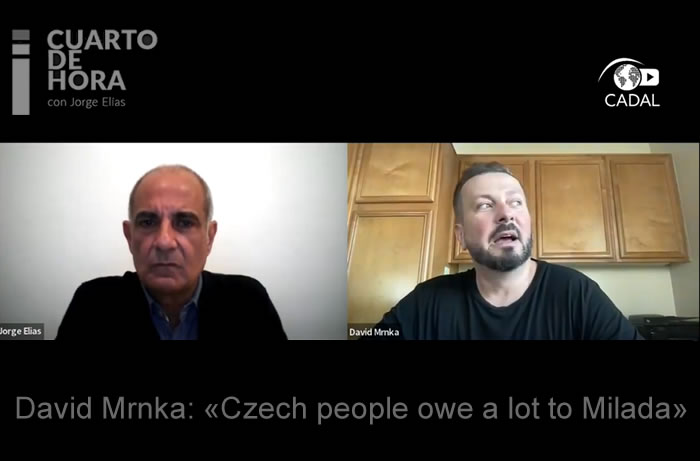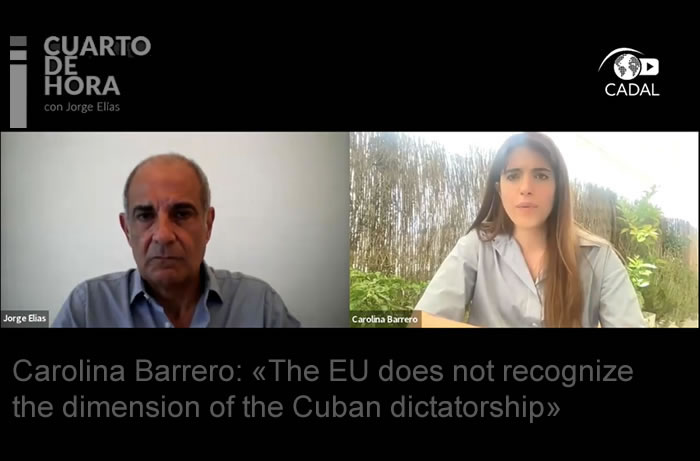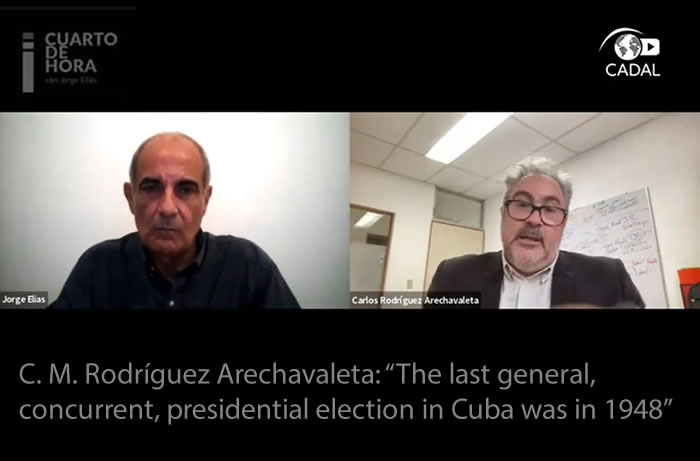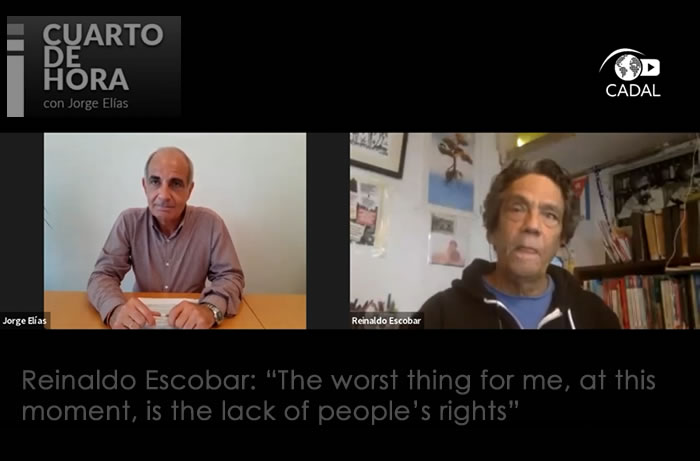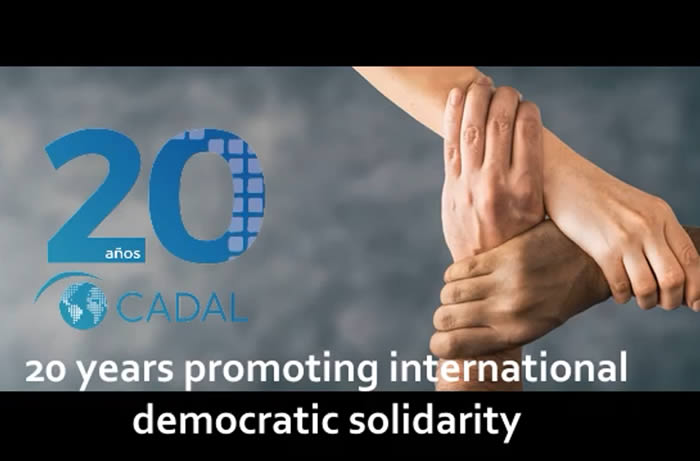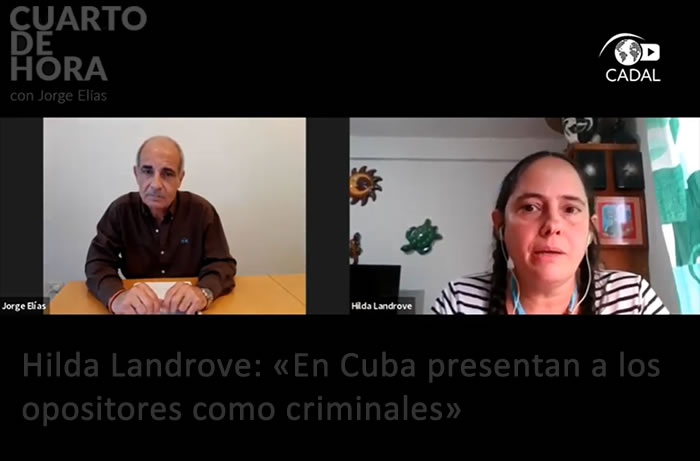Statements
The Sinic Analysis
Statement of the 9th International Conference of Tibet Support Groups
The ninth International Conference of Tibet Support Groups (TSG) was held from February 22 to 25, 2024 in Brussels, capital of the European Union, with more than 170 delegates from 40 countries around the world, including the General Director of CADAL (Argentina).
Since the last gathering of TSGs in Dharamsala in 2019, we have seen a greater understanding of China’s threat to global peace and security. This has increased opportunities for political advocacy to resolve the Tibet-China conflict. Towards this goal, Conference participants celebrated campaign victories and milestones achieved, many of which were identified as priorities in the 2019 Dharamsala Action Plan: the 2024 passage of the bipartisan Resolve Tibet Act in the U.S. House of Representatives; the 2023 European Parliament resolution calling for an immediate end to the repressive colonial boarding school system in Tibet; the two-fold increase in governments speaking out for Tibet at China’s United Nations Universal Periodic Review (UPR) in 2024; the growing statements of concern and condemnation of China’s policies and practices in Tibet from key UN Committees and Special Rapporteurs; the diplomatic boycott of China's 2022 Winter Olympic Games; the shuttering of hundreds of Confucius Institutes around the world; the cancellation of PRC-sponsored propaganda inserts in major media outlets; and the recent decision by Thermo-Fisher to cease sales of DNA test kits in Tibet.
In a world deeply traumatized by violent conflicts, the Conference expressed its respect and admiration for the Tibetan people’s continued commitment to nonviolence and democracy in their decades-long struggle for freedom and human rights, under the guidance of His Holiness the Dalai Lama.
Participants expressed their strong belief that nonviolent advocacy to resolve the Tibet-China conflict must be a priority of the international community, and declared their deep commitment to this goal by increasing the level of strategic collaboration with movements fighting for their human rights and freedom, including the brave people of East Turkistan, Southern Mongolia, Hong Kong and Taiwan, as well the countless Chinese defenders of human rights and democracy, especially the new generation of activists inspired by the White Paper Revolution.
The Conference drew upon the diverse skills, experience and perspectives, as well as the sense of common purpose, of TSGs from around the world. Among the Conference participants were many individuals who have remained committed to the Tibetan Freedom Movement since protests rocked Tibet in 1987 and are now helping to train and mentor a new generation of skilled and dedicated Tibetan activists in Europe, the Americas, Asia and Australasia, represented at this Conference by dozens of engaged youth. It welcomed the participation of activists working on behalf of East Turkistan, Southern Mongolia, Hong Kong and Taiwan and expressed solidarity with our common goal of freedom and justice.
Attendees drew motivation from the message of His Holiness the Dalai Lama to the Conference, including his statement: “I always believe that our supporters are not pro-Tibetan but rather pro-justice.” He is, and will always be, an inspiration for TSGs.
Rigzin Genkhang, Representative, Office of Tibet, Brussels, welcomed all participants to the Conference. The Conference also listened with appreciation to remarks from Mikulas Peksa, President of Tibet Interest Group, European Parliament, and Prof. Hans Gert Pöttering, former President of the European Parliament, as well as by Khenpo Sonam Tenphel, Speaker of the Tibetan Parliament-in-Exile, Senator Eustache-Brinio, Chair of the French Parliamentary Group for Tibet, and Norzin Dolma, Kalon, Department of Information and International Relations, Central Tibetan Administration.
Sikyong Penpa Tsering in his keynote address reiterated the Central Tibetan Administration's commitment to the Middle Way Policy, while expressing the need to stress the historical status of Tibet as an independent country to counter China’s false narrative on Tibetan history and to add value to the Middle Way Policy.
The Conference listened with grave concern to briefings detailing the ongoing repression of human rights in Tibet. The Conference highlighted the systematic effort by the Chinese Government to eradicate Tibet’s distinct national and cultural identity through its system of colonial boarding schools, in which three out of every four Tibetan students, as young as four years old, are taken from their parents and denied the opportunity to be educated in their own language and culture.
The Conference condemned ongoing efforts to suppress religious freedom in Tibet, including through the attempt to control the process of recognizing reincarnations. The Conference reiterated that the Tibetan people have the right to manage their own religious affairs. Only His Holiness the Dalai Lama, and the people he entrusts, have the right to decide the process of recognizing his reincarnation.
The Conference demands the immediate release of all Tibetan political prisoners, including the Panchen Lama, who was subjected to enforced disappearance by the Chinese authorities at the age of six. It condemns the detention and mistreatment of all Tibetans advocating for human rights, including the recent case of Gonpo Kyi.
The Conference noted with alarm the illegal detention of over 1,000 Tibetans in Dege in recent days for peacefully protesting a proposed dam, which will result in their forced resettlement and the destruction of several monasteries. It calls for the immediate release of all who have been detained, an end to all forced relocation of rural Tibetans.
The Conference is profoundly concerned about the devastating impact of China’s policies on Tibet’s fragile and vital environment, notably the damming of Asia’s rivers, destructive mining practices and coercive settlement of nomads, all of which exacerbate the climate crisis and environmental destruction on the Tibetan Plateau, most likely destabilizing regional security. The conference calls upon the international community to recognise its collective responsibility to the wellbeing and integrity of Tibet’s fragile and globally important environment.
The Conference commends, and with great appreciation welcomes, the individual and joint declarations of support from governments around the world calling for an end to the violations of the Tibetan people’s human rights. The Conference is grateful to the many elected representatives and government officials who continue to press the Chinese Government to meet the international legal obligations to respect the rights of the Tibetan people and to engage in dialogue with representatives of His Holiness the Dalai Lama to pursue a mutually beneficial solution to the Tibet-China conflict.
The Conference participants reaffirm their commitment to supporting the Tibetan people in their struggle for freedom, self-determination, and respect for their human rights, and for protection of the Tibetan plateau’s unique environment, until a resolution has been achieved that is satisfactory to the Tibetan people.
The Conference also looks forward to celebrating His Holiness the Dalai Lama’s 90th birthday in 2025 with activities befitting his stature to highlight his lifelong contribution to the well-being of humanity and of the Tibetan people, and to spread his message of peace, nonviolence and compassion.
Since the last gathering of TSGs in Dharamsala in 2019, we have seen a greater understanding of China’s threat to global peace and security. This has increased opportunities for political advocacy to resolve the Tibet-China conflict. Towards this goal, Conference participants celebrated campaign victories and milestones achieved, many of which were identified as priorities in the 2019 Dharamsala Action Plan: the 2024 passage of the bipartisan Resolve Tibet Act in the U.S. House of Representatives; the 2023 European Parliament resolution calling for an immediate end to the repressive colonial boarding school system in Tibet; the two-fold increase in governments speaking out for Tibet at China’s United Nations Universal Periodic Review (UPR) in 2024; the growing statements of concern and condemnation of China’s policies and practices in Tibet from key UN Committees and Special Rapporteurs; the diplomatic boycott of China's 2022 Winter Olympic Games; the shuttering of hundreds of Confucius Institutes around the world; the cancellation of PRC-sponsored propaganda inserts in major media outlets; and the recent decision by Thermo-Fisher to cease sales of DNA test kits in Tibet.
In a world deeply traumatized by violent conflicts, the Conference expressed its respect and admiration for the Tibetan people’s continued commitment to nonviolence and democracy in their decades-long struggle for freedom and human rights, under the guidance of His Holiness the Dalai Lama.
Participants expressed their strong belief that nonviolent advocacy to resolve the Tibet-China conflict must be a priority of the international community, and declared their deep commitment to this goal by increasing the level of strategic collaboration with movements fighting for their human rights and freedom, including the brave people of East Turkistan, Southern Mongolia, Hong Kong and Taiwan, as well the countless Chinese defenders of human rights and democracy, especially the new generation of activists inspired by the White Paper Revolution.
The Conference drew upon the diverse skills, experience and perspectives, as well as the sense of common purpose, of TSGs from around the world. Among the Conference participants were many individuals who have remained committed to the Tibetan Freedom Movement since protests rocked Tibet in 1987 and are now helping to train and mentor a new generation of skilled and dedicated Tibetan activists in Europe, the Americas, Asia and Australasia, represented at this Conference by dozens of engaged youth. It welcomed the participation of activists working on behalf of East Turkistan, Southern Mongolia, Hong Kong and Taiwan and expressed solidarity with our common goal of freedom and justice.
Attendees drew motivation from the message of His Holiness the Dalai Lama to the Conference, including his statement: “I always believe that our supporters are not pro-Tibetan but rather pro-justice.” He is, and will always be, an inspiration for TSGs.
Rigzin Genkhang, Representative, Office of Tibet, Brussels, welcomed all participants to the Conference. The Conference also listened with appreciation to remarks from Mikulas Peksa, President of Tibet Interest Group, European Parliament, and Prof. Hans Gert Pöttering, former President of the European Parliament, as well as by Khenpo Sonam Tenphel, Speaker of the Tibetan Parliament-in-Exile, Senator Eustache-Brinio, Chair of the French Parliamentary Group for Tibet, and Norzin Dolma, Kalon, Department of Information and International Relations, Central Tibetan Administration.
Sikyong Penpa Tsering in his keynote address reiterated the Central Tibetan Administration's commitment to the Middle Way Policy, while expressing the need to stress the historical status of Tibet as an independent country to counter China’s false narrative on Tibetan history and to add value to the Middle Way Policy.
The Conference listened with grave concern to briefings detailing the ongoing repression of human rights in Tibet. The Conference highlighted the systematic effort by the Chinese Government to eradicate Tibet’s distinct national and cultural identity through its system of colonial boarding schools, in which three out of every four Tibetan students, as young as four years old, are taken from their parents and denied the opportunity to be educated in their own language and culture.
The Conference condemned ongoing efforts to suppress religious freedom in Tibet, including through the attempt to control the process of recognizing reincarnations. The Conference reiterated that the Tibetan people have the right to manage their own religious affairs. Only His Holiness the Dalai Lama, and the people he entrusts, have the right to decide the process of recognizing his reincarnation.
The Conference demands the immediate release of all Tibetan political prisoners, including the Panchen Lama, who was subjected to enforced disappearance by the Chinese authorities at the age of six. It condemns the detention and mistreatment of all Tibetans advocating for human rights, including the recent case of Gonpo Kyi.
The Conference noted with alarm the illegal detention of over 1,000 Tibetans in Dege in recent days for peacefully protesting a proposed dam, which will result in their forced resettlement and the destruction of several monasteries. It calls for the immediate release of all who have been detained, an end to all forced relocation of rural Tibetans.
The Conference is profoundly concerned about the devastating impact of China’s policies on Tibet’s fragile and vital environment, notably the damming of Asia’s rivers, destructive mining practices and coercive settlement of nomads, all of which exacerbate the climate crisis and environmental destruction on the Tibetan Plateau, most likely destabilizing regional security. The conference calls upon the international community to recognise its collective responsibility to the wellbeing and integrity of Tibet’s fragile and globally important environment.
The Conference commends, and with great appreciation welcomes, the individual and joint declarations of support from governments around the world calling for an end to the violations of the Tibetan people’s human rights. The Conference is grateful to the many elected representatives and government officials who continue to press the Chinese Government to meet the international legal obligations to respect the rights of the Tibetan people and to engage in dialogue with representatives of His Holiness the Dalai Lama to pursue a mutually beneficial solution to the Tibet-China conflict.
The Conference participants reaffirm their commitment to supporting the Tibetan people in their struggle for freedom, self-determination, and respect for their human rights, and for protection of the Tibetan plateau’s unique environment, until a resolution has been achieved that is satisfactory to the Tibetan people.
The Conference also looks forward to celebrating His Holiness the Dalai Lama’s 90th birthday in 2025 with activities befitting his stature to highlight his lifelong contribution to the well-being of humanity and of the Tibetan people, and to spread his message of peace, nonviolence and compassion.
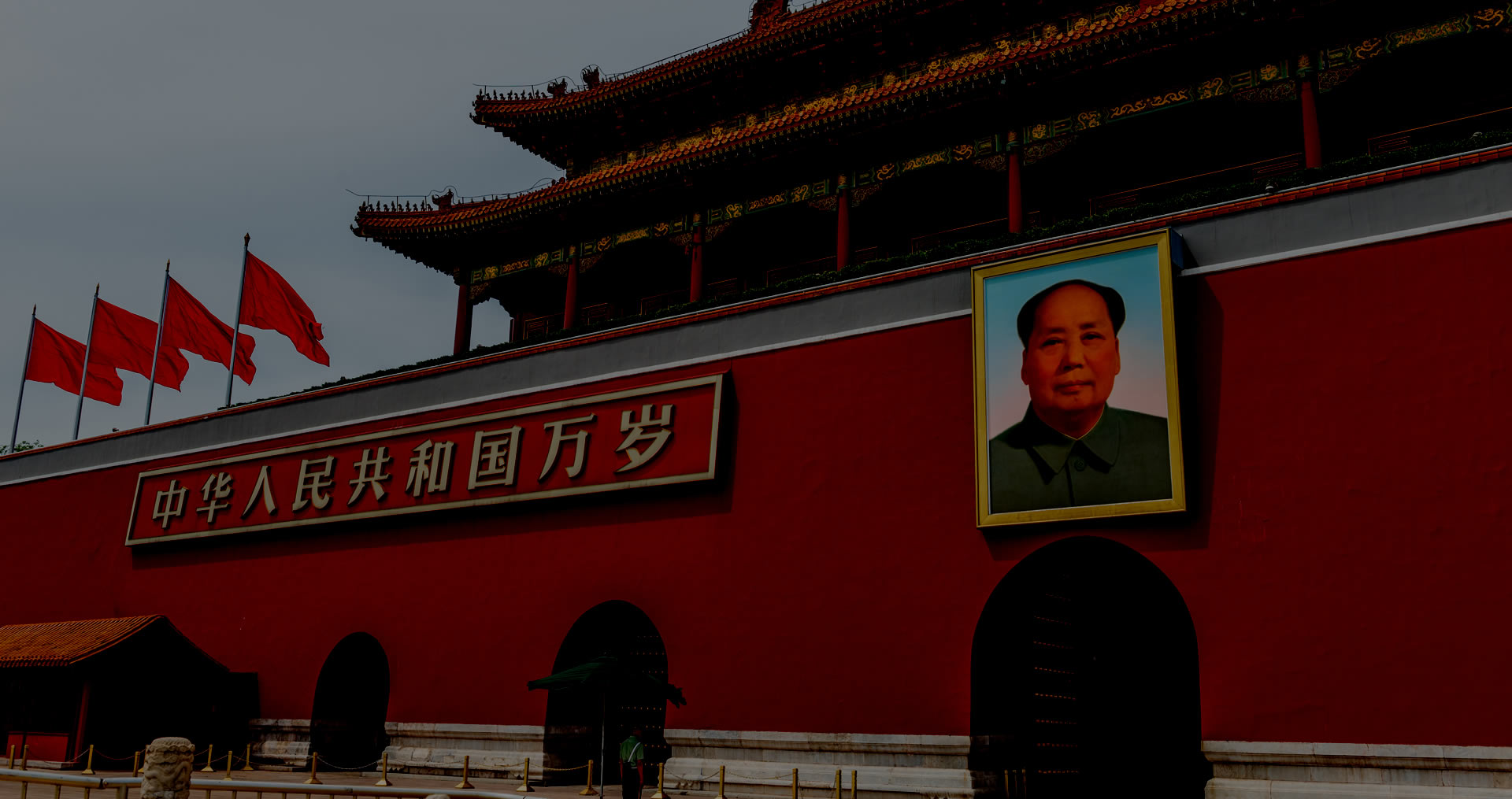


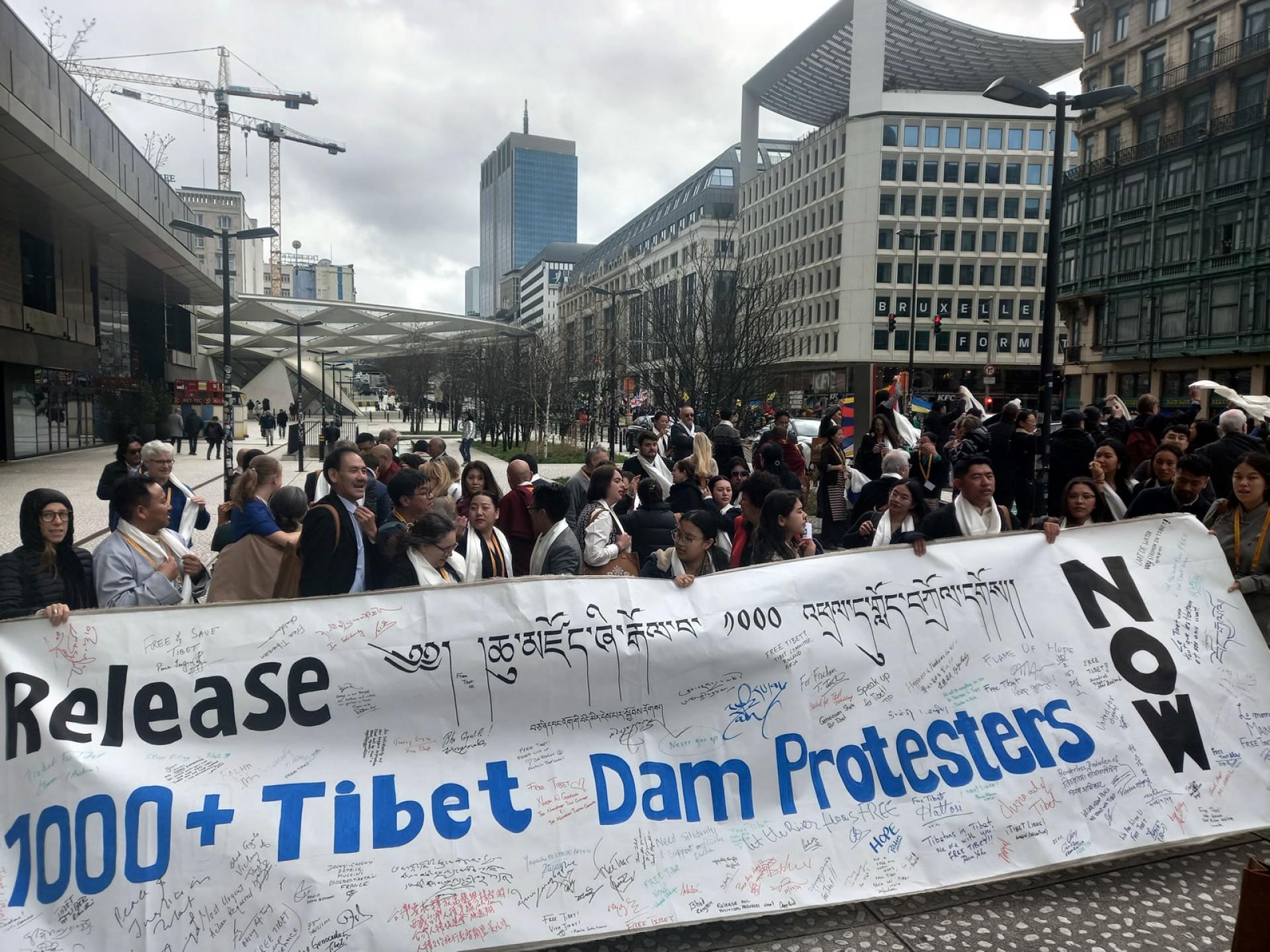
 Leer esta nota en Español
Leer esta nota en Español